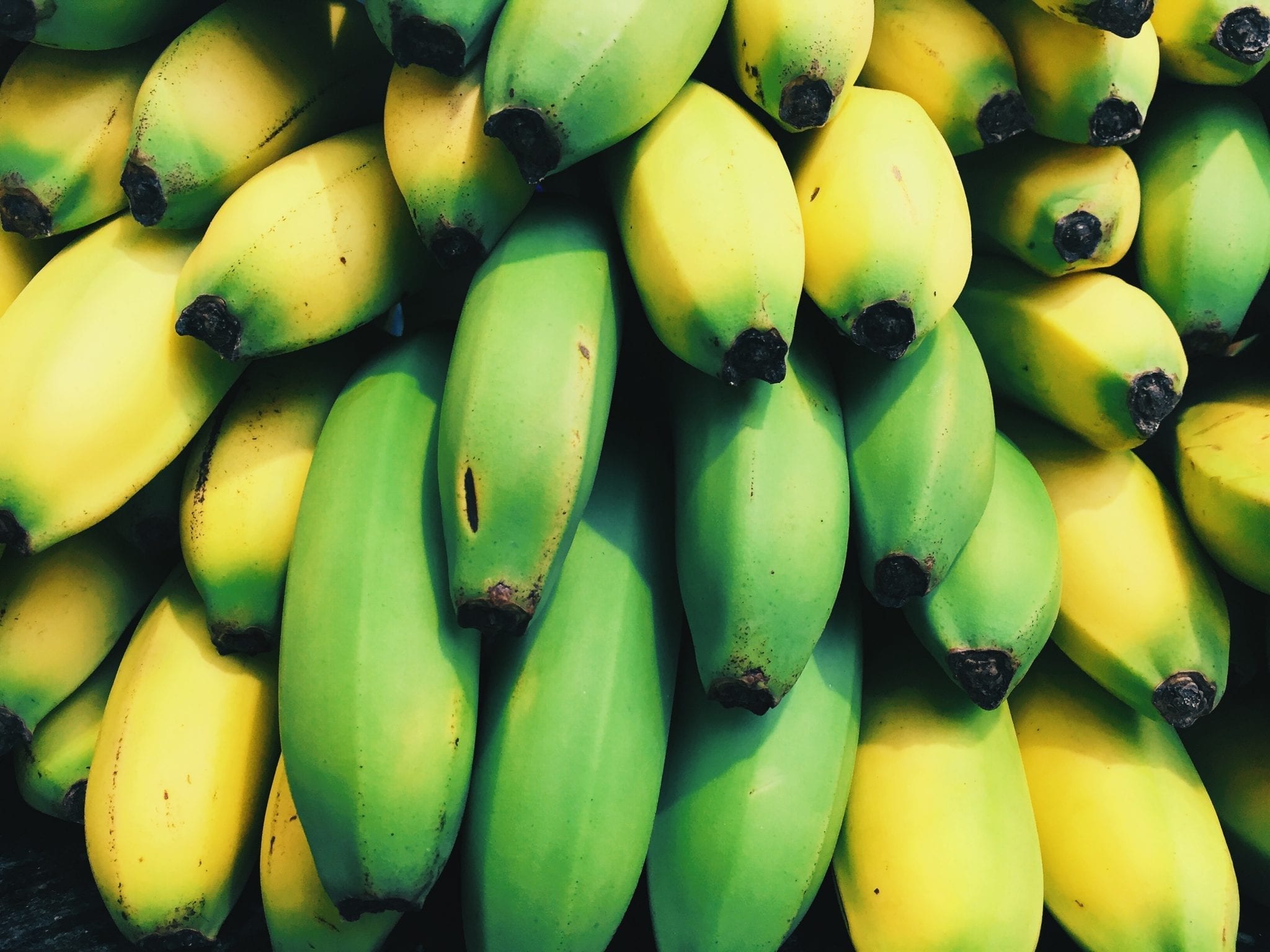Chiquita Settles with Families of Loved Ones Killed by FARC
The families of six Americans who were kidnapped and killed in Colombia before the turn of the century by the terrorist organization, FARC, have settled with Switzerland-based Chiquita Brands International after seeking damages for payments the business made to the group. The settlement terms were not made public.
The lawsuits had accused Chiquita, which admitted to submitting payments to FARC, of violating the Anti-Terrorism Act. The company stated it made the payments, totaling roughly $220,000, in order to protect its employees from being killed. A statement issued last month read, “We have been clear that, at all times, the company prioritized the safety of its employees and their families and acted accordingly.” However, the families said Chiquita’s financial support of the terrorist group made it financially responsible for the deaths of their loved ones.
“These are folks who have been through an enormous amount in their lives. They’ve waited 10 years for their day in court,” plaintiff’s attorney Gar Osen said just prior to the announcement of the out-of-court settlement.

Chiquita had established 35 banana farms in the Uraba region of Colombia that employed approximately 3,000 people. It was well-known that FARC was active in the area and routinely demanded payments from people and businesses — a practice called “vacuna,” Spanish for “vaccine.” FARC’s initial payment demand from Chiquita came in 1989, when the group sought $10,000. This was the first of 57 it would give to FARC over the next ten years.
Five of the Americans killed by FARC were members of a missionary group based in Sanford, Florida, called New Tribes Mission: David Mankins, Rich Tenenoff, Mark Rich, Stephen Welsh and Timothy Van Dyke. The sixth, Frank Pescatore Jr., was a geologist who was shot trying to escape his kidnappers.
Despite the company’s insistence the money was paid to protect employees, Chiquita executives discussed it in terms of a cost of doing business and the company had no intention then of ending its banana operations in Colombia, court documents show. “We’re not going to stop doing business in Colombia because, you know, we’re going to have to spend an extra $25,000. That’s not realistic. Right?” one executive was quoted as saying.
Documents were also obtained which demonstrate the dire reality of the situation: “You have to pay. These people are serious. The military is not able to control them,” a memo from a consulting firm called Control Risks sent to Chiquita read. “You can’t just turn them in, give their names to someone. Because they will take retribution for that, and you can expect violence.”
U.S. District Judge Kenneth Marra, nominated to his position by former President George W. Bush, was scheduled to preside over the trial. Prior to the settlement, he wrote, “There is no evidence of a specific ultimatum or threat from a FARC commander at any time during the nine-year continuum in which it paid money to the FARC. Chiquita had reasonable, legal alternatives to maintaining and expanding its fruit operations in Colombia. It could have withdrawn and could have sought government intervention in Colombia or the United States.”
Sources:
Families Sue Chiquita Over Deaths of Americans in Colombia
Chiquita Settles With Families of U.S. Victims of Colombia’s FARC


Join the conversation!